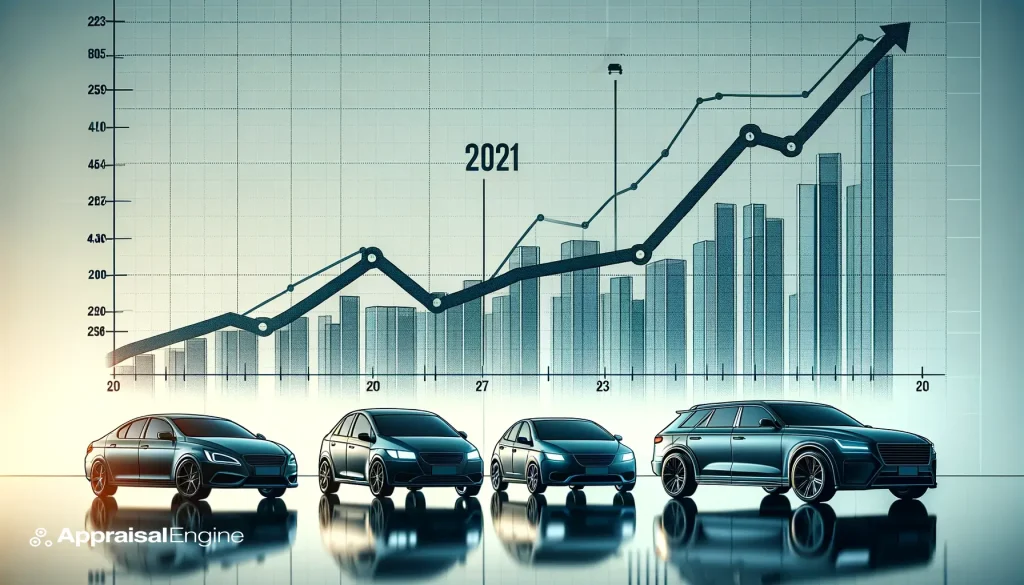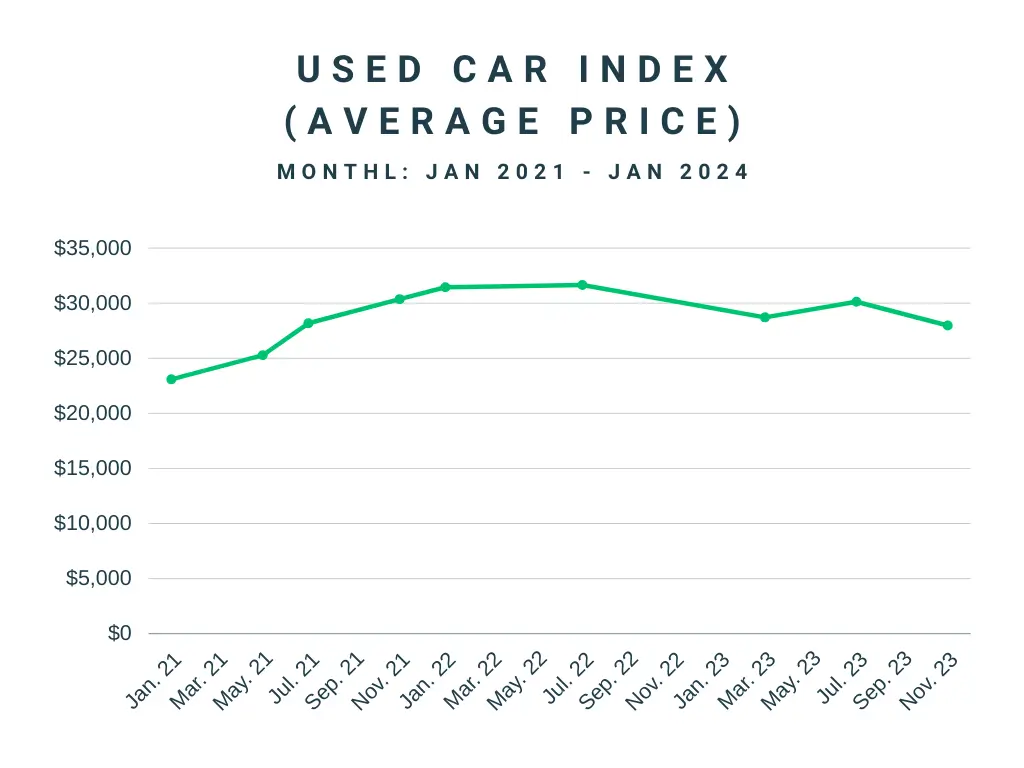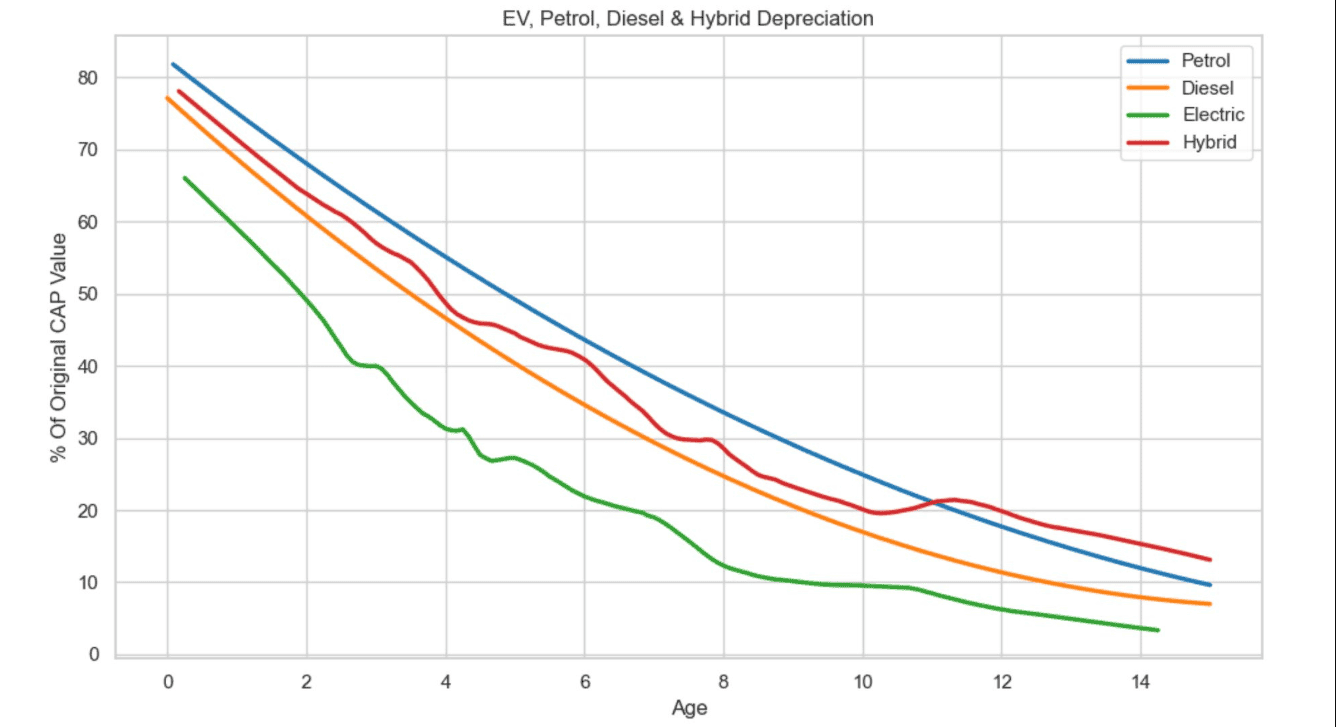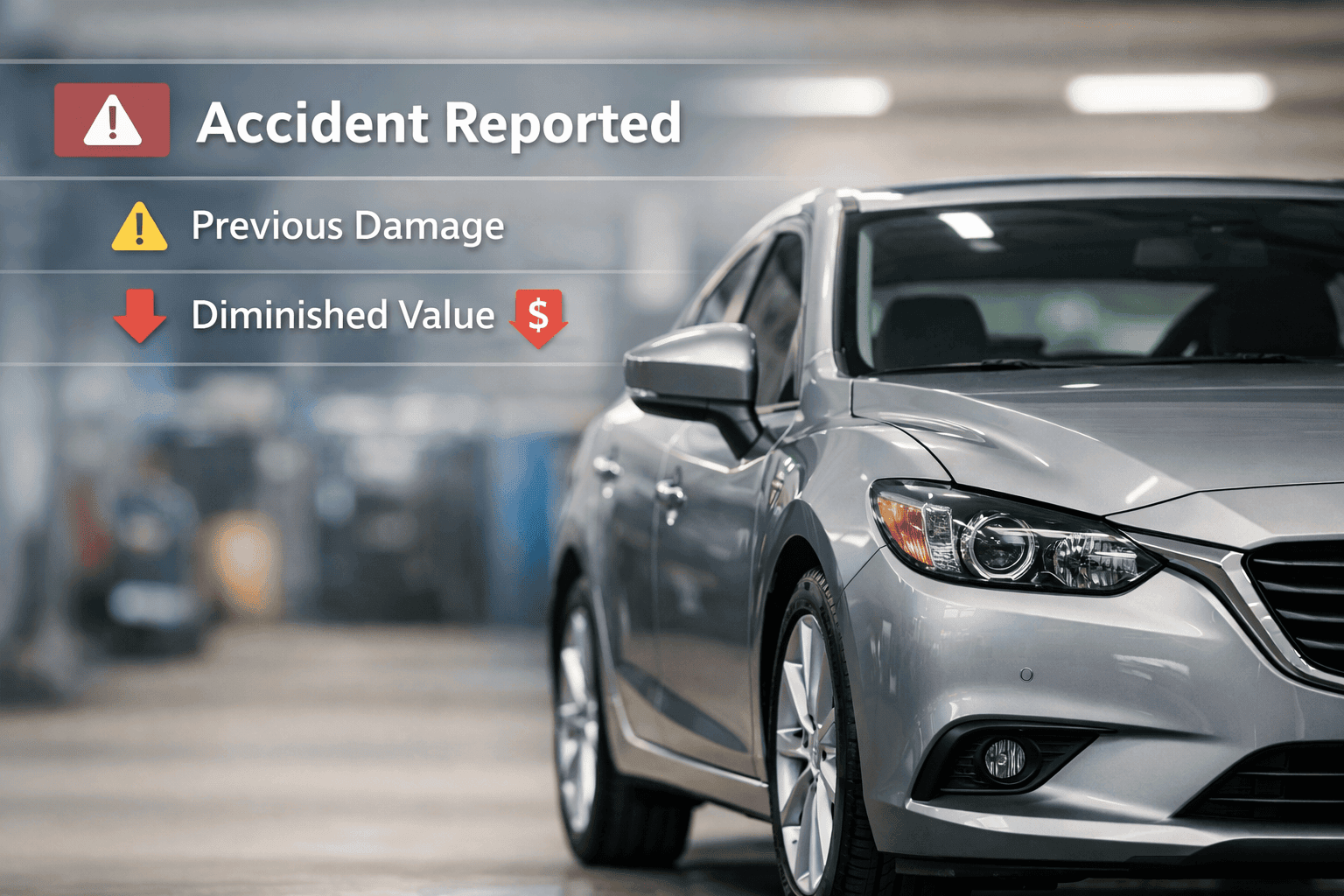Are you considering upgrading to a new car in 2024? You’re likely pondering one critical question: will car prices in the US drop this year? With the automotive industry still reeling from the impacts of the COVID-19 pandemic and the subsequent supply chain disruptions, this question has become more relevant than ever. In this article, we delve into the factors that shaped the market in recent years, the current economic climate, and expert predictions to give you a comprehensive understanding of what to expect if you’re planning to purchase a vehicle in 2024.

Will Car Deals Get Better in 2024? (PDF)
The Road to 2024: A Turbulent Journey
The car industry has experienced significant upheaval, beginning with the COVID-19 pandemic. This period saw a crippling disruption in supply chains, leading to a scarcity of vehicles and soaring prices. Additionally, consumers grappled with record inflation levels, tightening their budgets and often delaying plans to acquire new vehicles.
Factors That Deterred Prospective Car Owners in 2023
In 2023, the landscape for car buyers was marred by challenges. While new car prices experienced a general decline, issues such as insufficient inventory and high borrowing costs rendered these vehicles unaffordable for many. This scenario left both new and used car markets in a state of flux.

Optimism in 2024: A Ray of Hope?
The outlook for 2024 appears more promising for prospective car buyers. A decline in interest rates coupled with an increase in inventory could tilt the scales in favor of consumers. If the trend of falling prices continues, as it did in recent years, we might see a further decrease in car prices this year.
Market Predictions for 2024
According to GoBankingRates, the market is expected to stabilize in 2024 after experiencing significant fluctuations in the past three years. While major price drops are not anticipated, the exact trajectory of car prices remains hard to predict.
The Oversupply Factor
One potential catalyst for reduced car prices is an oversupply of new vehicles. Industry experts anticipate a global surplus, exceeding demand by approximately 6%, due to ramped-up production. This excess could prompt manufacturers to lower prices to encourage sales of the surplus stock.
Segment-Specific Trends
Interestingly, the type of vehicle might influence its price trend in 2024. Larger vehicles like SUVs and used sedans could see price reductions as oil prices are projected to rise. Conversely, more fuel-efficient vehicles, such as electric and hybrid cars, might become pricier due to an expected increase in demand.
Conclusion
In sum, while car prices in the US in 2024 may not plummet dramatically, a combination of market stabilization, inventory increases, and segment-specific trends could lead to more favorable conditions for car buyers. If you’re in the market for a new vehicle, staying informed about these developments and understanding the nuances of different car segments could help you make a more informed decision. Remember, the automotive landscape is ever-evolving, and staying ahead of these changes is key to finding the best deal for your next car purchase.





